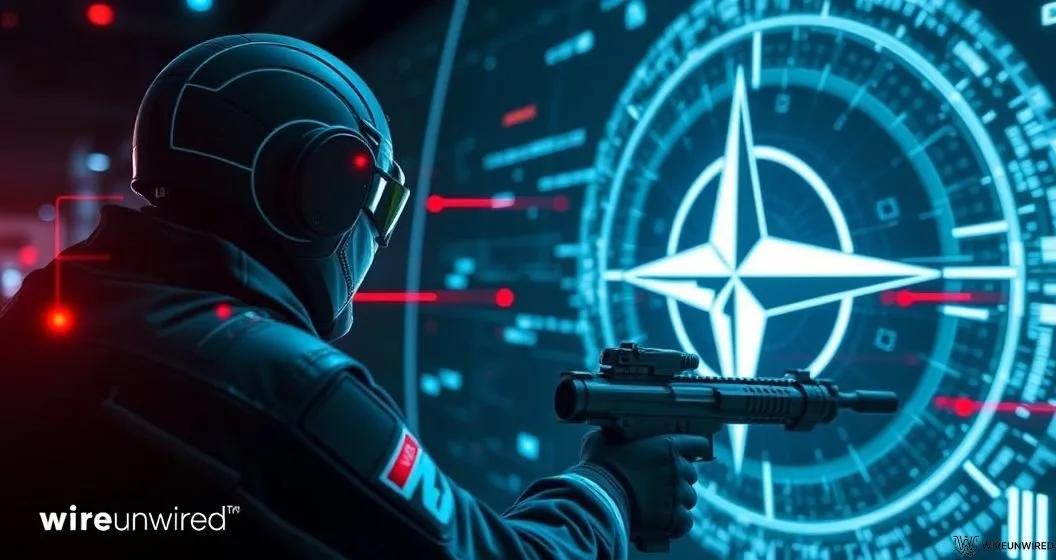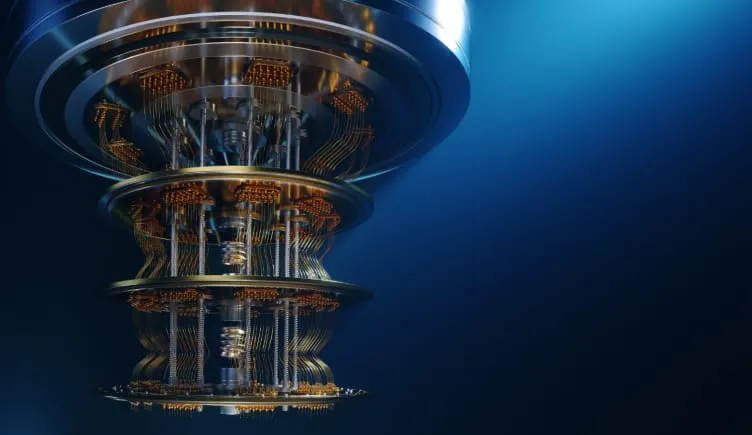Key Insights
- Quantum sensing adoption accelerates in NATO nations, promising strategic advantages amid global instability.
- Industry collaboration and investment are critical for scaling deployable quantum navigation systems within 12–36 months.
- National security and infrastructure resilience are at stake, as experts urge faster innovation to counter GPS vulnerabilities.
Quantum Sensing and AI Take Center Stage in NATO Defense Strategy
NATO nations are rapidly embracing sensing and artificial intelligence (AI) as core elements of their defense strategies, aiming to maintain a technological edge in a world marked by increasing geopolitical tensions. At the City Quantum & AI Summit in London on October 18, 2025, top defense leaders and technologists—including Andrei Dragomir, CEO of Aquark Technologies—emphasized that quantum sensing is transforming military navigation and infrastructure resilience, especially in environments where GPS is unreliable or actively disrupted.
Dragomir, whose company was the first quantum investment of the NATO Innovation Fund, highlighted the ability of quantum sensors to deliver high-precision data, eliminating noise at the source. This capability is pivotal for both deterrence and resilience, as it enables secure navigation and timing without relying on vulnerable satellite signals. He forecasted that deployable quantum navigation systems could begin scaling across NATO forces within the next 12 to 36 months, a timeline that underscores the urgency for cross-industry collaboration and accelerated investment.
Strategic Importance of Quantum Technology for National Security and Infrastructure of NATO
The stakes for national security are high. Traditional GPS-based Positioning, Navigation, and Timing (PNT) systems are increasingly targeted by adversaries through jamming and spoofing, threatening military operations and critical civilian infrastructure. Quantum sensors, leveraging the immutable properties of atoms, offer unmatched precision and reliability—even in contested or GPS-denied environments.
Their deployment could safeguard everything from submarine navigation and drone operations to the synchronization of telecommunications networks and power grids.
Recent studies estimate that GPS interference already undermines thousands of commercial flights daily, with potential economic losses from broader attacks exceeding $1 billion per day. By backing up and eventually surpassing current GPS services, quantum sensing technologies have the potential to reshape the foundation of secure communications and infrastructure resilience.
Collaboration and Investment: The Road Ahead
Defense experts and industry leaders agree: realizing the full potential of quantum sensing and AI requires unprecedented collaboration between startups, established defense contractors, and government agencies. Dragomir stressed,
“There’s no single player that can build towards a vision like this by themselves. We need to have our doors very, very open.”
NATO’s Rapid Action Adoption Plan (RAAP), endorsed at the June 25, 2025 summit in The Hague, aims to accelerate innovation cycles and streamline procurement for emerging technologies like quantum sensing. The Quantum Business Network (QBN) and other European industry networks are working closely with NATO and the European Commission to identify barriers, advise on strategy, and support the development of a thriving quantum economy.
Yet, panelists at the summit warned that Europe’s quantum ambitions face constraints from limited funding and regulatory hurdles. They called for sustained public-private investment, faster innovation cycles, and open collaboration to ensure that NATO allies can deploy quantum navigation and sensing systems before adversaries exploit technological gaps.
Public Reaction and Industry Momentum
The summit’s discussion has sparked significant interest across defense and quantum technology circles. Experts are rallying for increased collaboration and investment, recognizing the strategic implications for national security and infrastructure resilience. As quantum sensing moves from theoretical promise to practical deployment, NATO’s readiness to leverage these technologies could define the next era of defense and deterrence.
Discover more from WireUnwired Research
Subscribe to get the latest posts sent to your email.




